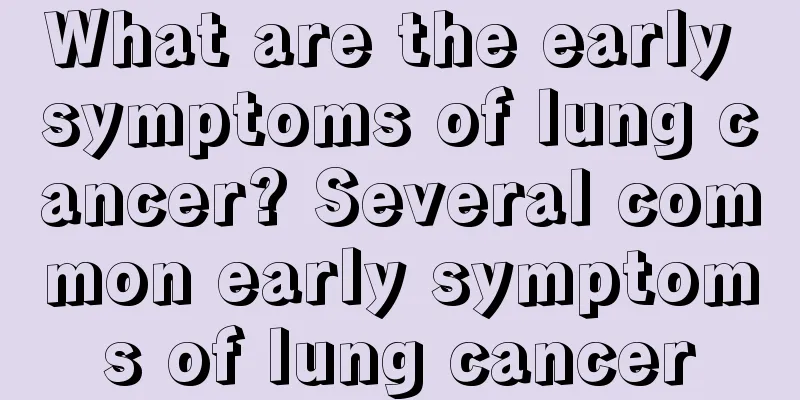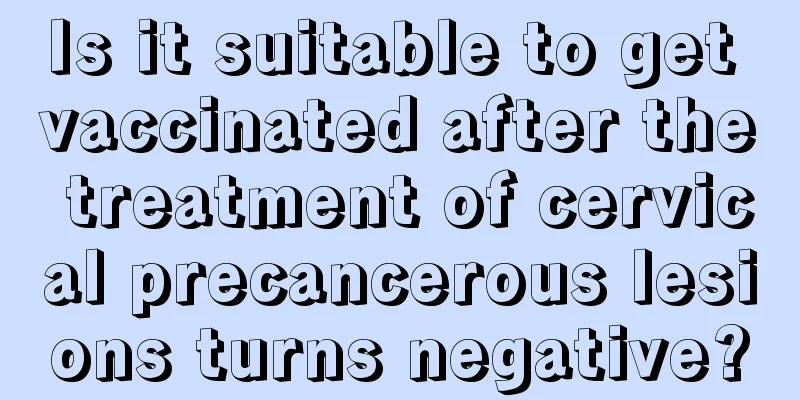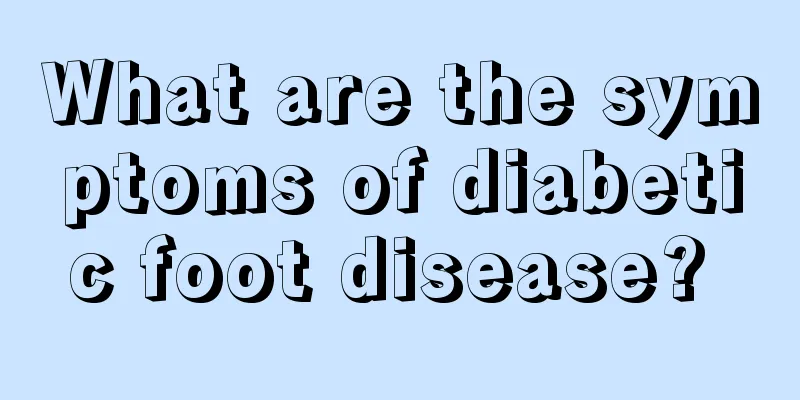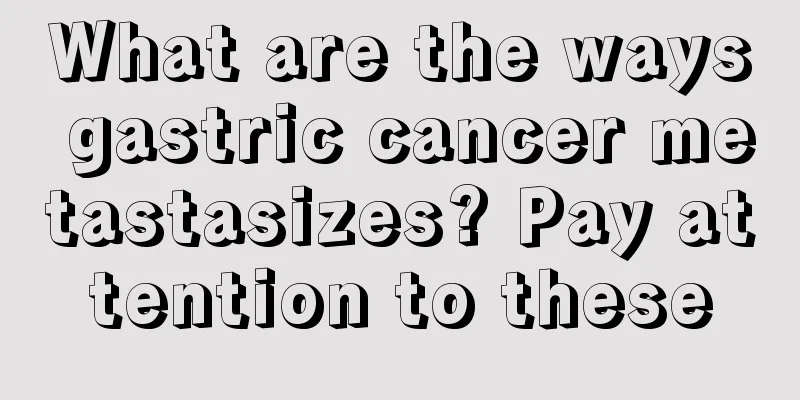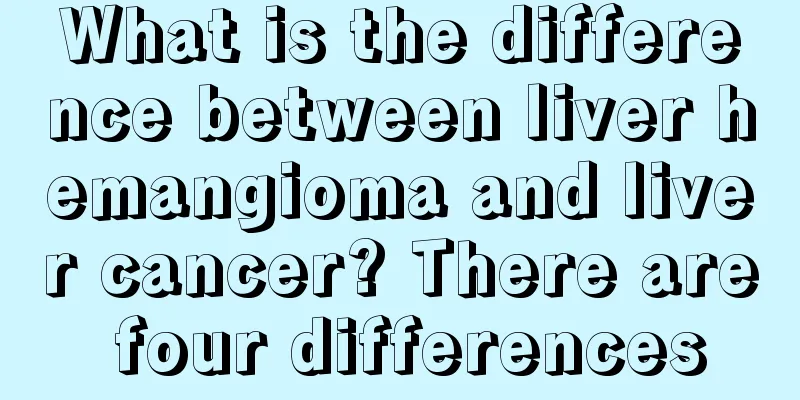How to treat esophageal cancer

|
Like other malignant tumors, esophageal cancer emphasizes early diagnosis and early treatment. If precancerous lesions or early cancers are confirmed during gastroscopy, endoscopic resection or local surgical resection can be performed. If it is confirmed that the cancer cells have not infiltrated deeply into the esophageal wall, chemotherapy is not required. However, if the cancer cells have infiltrated deeply into the esophageal wall, the doctor will recommend surgical treatment and recommend radiotherapy or chemotherapy. (1) Surgical treatment: Surgical resection is mainly used for the resection of T1 lower esophageal cancer. Palliative surgery can also be performed for patients in the middle stage. For localized esophageal cancer, surgical resection can provide the best local control opportunity and is the best way to relieve eating difficulties. Since lymph node metastasis is rare in T1 patients, surgical resection alone can achieve a survival rate of 60% to 90%. For esophageal cancer limited to the mucosal layer, lymph node resection is not required, and the 5-year survival rate can reach 95%. For patients whose tumors infiltrate the submucosal layer or deeper, not only the diseased mucosa needs to be removed, but also lymph node dissection is required. For locally advanced esophageal cancer, especially squamous cell carcinoma, if chemotherapy and radiotherapy are effective, no further surgery is required. (2) Radiotherapy: It is the first choice for patients with advanced esophageal cancer who have lost the chance of surgical treatment. Thirion et al. in the United States confirmed the important role of preoperative radiotherapy and chemotherapy in operable esophageal cancer. The results showed that the median survival of patients who received surgery plus radiotherapy was significantly longer than that of patients who received surgery alone. Radiotherapy can significantly prolong the median survival of patients with T3 or T4 disease. (3) Chemotherapy: For patients who cannot undergo surgery or radiotherapy, chemotherapy can relieve symptoms and shrink tumors. Combination therapy regimens include cyclophosphamide combined with bleomycin or bleomycin; 5-fluorouracil combined with bleomycin or bleomycin; cyclophosphamide combined with 5-fluorouracil or vincristine or bleomycin. 5-fluorouracil plus cisplatin is the standard chemotherapy regimen in the comprehensive treatment of esophageal cancer. New chemotherapy regimens include paclitaxel plus cisplatin and cisplatin plus irinotecan. |
<<: How to treat pancreatic cancer
>>: How to treat laryngeal cancer
Recommend
What to eat during radiotherapy for lung cancer? Side effects and daily care of radiotherapy for lung cancer
It was because of the radiotherapy and chemothera...
What are the causes of severe coughing while lying down?
Coughing is a common disease that is difficult to...
Early symptoms of prostate cancer
Early symptoms of prostate cancer may include fre...
There are five ways for liver cancer to metastasize. If liver cancer metastasizes here, it will be difficult to cure
As people nowadays are under increasing work pres...
What is the best liquid foundation for makeup
When applying liquid foundation, you should also ...
How to beat colorectal cancer at 33 years old?
I was deeply impressed by a 33-year-old patient w...
How to prevent bile duct cancer scientifically
Many times, people are still afraid to see a doct...
What are the main symptoms of prostate cancer
It is well known that prostate cancer is very har...
Why do I always have headaches?
In real life, headache is a very common physical ...
How to check if it is skin cancer
The early manifestations of skin cancer are mostl...
The harm of tetrachloroethylene to human body
The harm of tetrachloroethylene to the human body...
How to make hair thicker?
Hair health is an important part of good health a...
What are the methods of using pearl powder to remove blackheads?
There are many ways to remove blackheads, but why...
What tests are needed for endometrial cancer
What tests are needed for endometrial cancer? Exa...
Upper limb muscle weakness
The continuous occurrence of upper limb muscle we...
